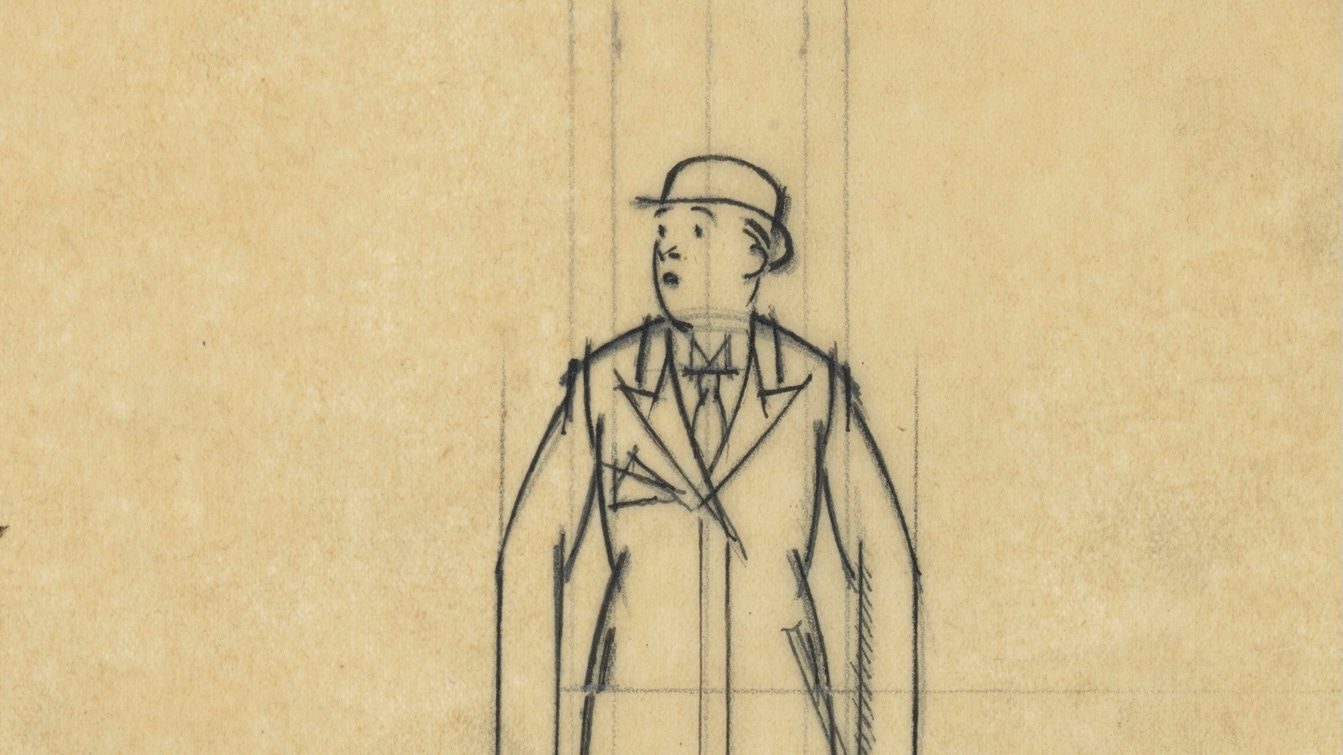Editor’s Note: The summer still has a few weeks to go, and the election season is far from over. Needless to say, it’s been an eventful, even dramatic, period. Today we have a guest post from Kristina T. Saccone, who earlier this year wrote about her experience as a parent. Here, Kristina draws on the work of the great, late Joan Didion to make sense of our own time. What…
Substack is the home for great culture





